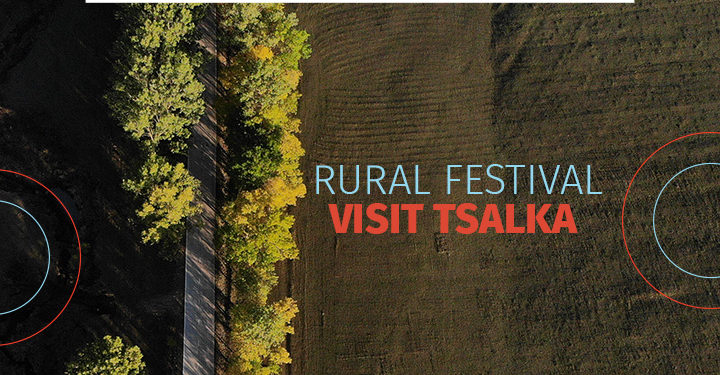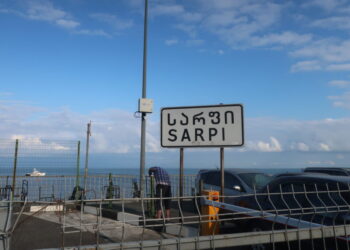Within the frames of the EU-supported EMBRACE Tsalka project, implemented by CENN and partner organizations, on June 11, at 16:00 the rural festival “Visit Tsalka” will be held by the CENN, Tsalka LAG, and Georgian Farmers’ Association. The EU delegation to Georgia, farmers, businesses, executive government, representatives of international, and local and agricultural organizations will attend the event.
The aim of the festival is to raise awareness about Tsalka Municipality, gather young people, local entrepreneurs, government officials, organizers and other guests in Tsalka, in one space and exchange their experience and knowledge.
Within the festival, thematic spaces will be organized, which will provide information to the visitors about historical facts of Tsalka and the activities carried out within the EMBRACE Tsalka project. The main space will be dedicated to the exhibition-sale of local farmers’ products, where visitors can taste and buy local products.
In one of the spaces, children will create sketches and paintings about Ukraine, agriculture, and the future of Tsalka seen through their perspective. The guests will be able to buy paintings during the event. The proceeds will be donated to support the Ukrainian people.
Visitors interested in the festival will have the opportunity to take part in the agro-tourism route from 18:30, get acquainted with the tourist potential of Tsalka, and taste local products. A live concert will be held at the end of the festival.
Within the framework of the festival, a memorandum of cooperation will be signed between the Georgian Regional Tourism Association and the Tsalka Local Action Group.
The festival is held in Tsalka within the framework of the “EMBRACE Tsalka” project, which is funded by the European Union and implemented by CENN in partnership with the Georgian Farmers’ Association (GFA) and the Rural Development Research Institute (Ifls). The project aims to diversify local economic activities, attract investment and promote specific agricultural and environmental practices through participatory, strategic planning of rural development.














